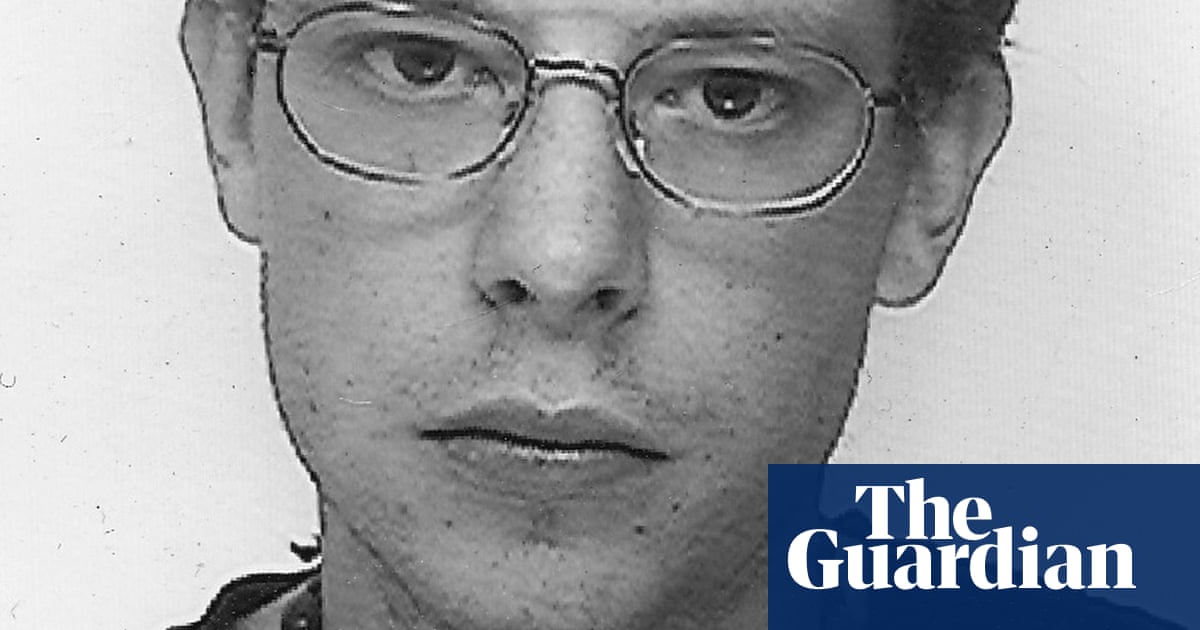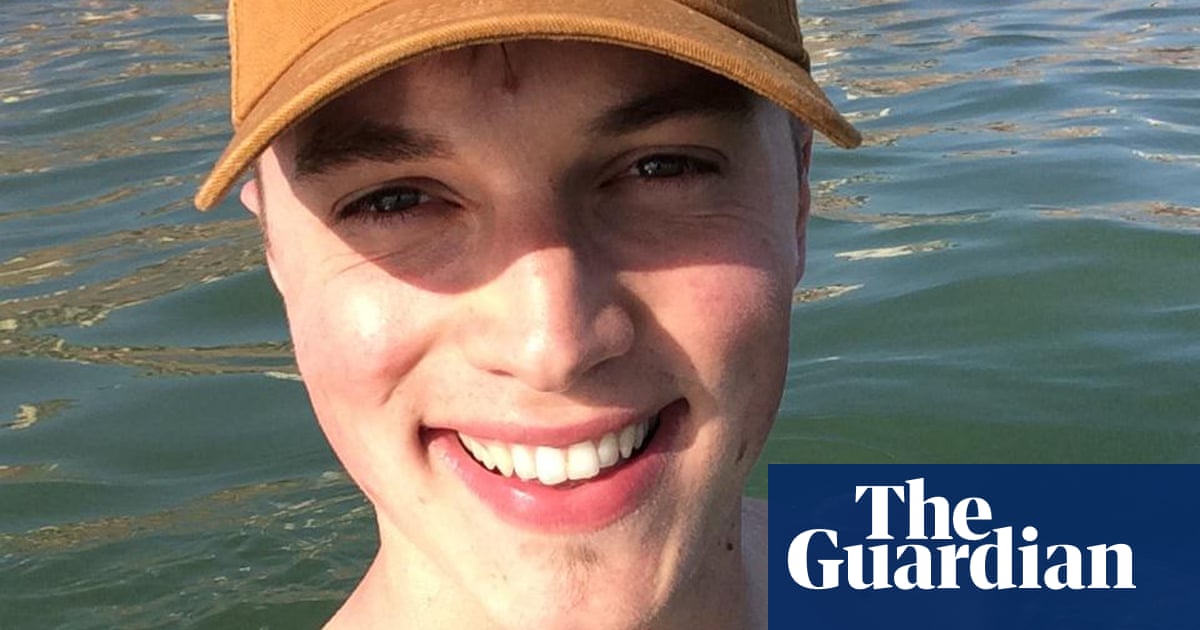
The family of a 17-year-old who died at a music festival in 2019 after taking illegal drugs have urged organisers to be “realistic and practical” about substance use at their events in order to save lives.
Anya Buckley, from Oldham, died at Leeds festival in August 2019 from heart failure with MDMA, cocaine and ketamine in her system, and following her inquest in January her family have called for action to help prevent any more young lives being lost from substance misuse during summer events.
“We are tormented by the fact that Anya’s death was avoidable,” her aunt, Anna Short, told the Guardian. “Drug deaths should not just be a fact of life. If people are made clearly aware that drugs which are toxic are in circulation, then it can help them make more informed choices.”
She added that the provision of “basic human needs” at festivals also needed to be urgently addressed, as people often could not readily access water or shade during hot weather.
Short urged more festivals to introduce drug-checking services, which allow substances to be submitted for testing to check for potential contamination, with results delivered as part of healthcare consultations. Leeds festival, like most others, does not have such a service.
Melvin Benn, the managing director of the festival’s organiser, Festival Republic, said in 2017 that substance use at festivals was inevitable and that drug checking, which he suggested was life-saving, was set to be introduced. However, the plans were scrapped amid a backlash against a “normalisation” of drug taking.
Harm reduction plans in place at Leeds in 2019 included a 24-hour welfare advice tent and large messages warning people about drug misuse on screens in between artists performing, Benn told Buckley’s inquest, along with limited testing by police on seized drugs which informed alerts.
“It’s great that welfare is in place at festivals but there are still a number of them that do not have specialist proactive harm reduction services in place,” said Short. “We’ve all been told not to do things, especially when you’re young. Your basic psychology often leads you to do the opposite. We need to be realistic and practical and have a grown-up conversation about drugs.”
During Anya’s inquest, Benn claimed that “drugs are no more of an issue at festivals than in everyday life”. However, he pledged to increase free tap water provision at his events, as well as increasing medical provision. Witnesses at the inquest stated they were unable to find the medical area at Leeds festival, and there was no ice bath onsite to rapidly reduce Anya’s temperature.
Anya’s drug-related death came in the same month as those of two other teenagers at the Reading and Creamfields festivals, which are also run by Festival Republic. There were 11 drug deaths of younger people at festivals between 2017 and 2018, including two at the Mutiny festival where 13 were also taken to hospital.
Similar tragedies had already forced the issue of drug checking into the national conversation in the UK. Checking is increasingly common in Spain, Portugal, Austria, Switzerland and elsewhere – with the New Zealand government currently developing a drug checking licensing scheme.
“I’d say to the critics: open your eyes. Like it or not, drugs are part of society,” Benn told the BBC in 2017. “Anecdotally the evidence coming out of Holland is that, in the places that have this testing there hasn’t been a death associated with MDMA since the testing came in. That to me is sufficient reason to go forward.”
But the plans were dropped after what he claimed was a lack of support from the local council. Leeds city council said it did not refuse to support drug checking, but did not say it supported the plans. It is understood Festival Republic was concerned that its licence might be reconsidered if it went ahead.
The government said in July 2019 it “would not stand in the way” of such schemes, such as that provided by the not-for-profit organisation the Loop at a number of festivals in recent years with the support of festival management teams, local authorities and police forces.
DCI Jason Kew, drugs and harm reduction lead at Thames Valley police, which covers the area of the Reading festival, said: “Not only does testing provide up-to-the-second analysis of what drugs are out there, services such as the Loop provide a unique opportunity to engage young people with credible and non-judgmental advice which saves lives. You can’t do that in any other way.”
The Royal Society for Public Health has described drug-checking facilities as a “pragmatic harm reduction measure” and has called for a rollout to all festivals.
Festival Republic did not wish to comment.












